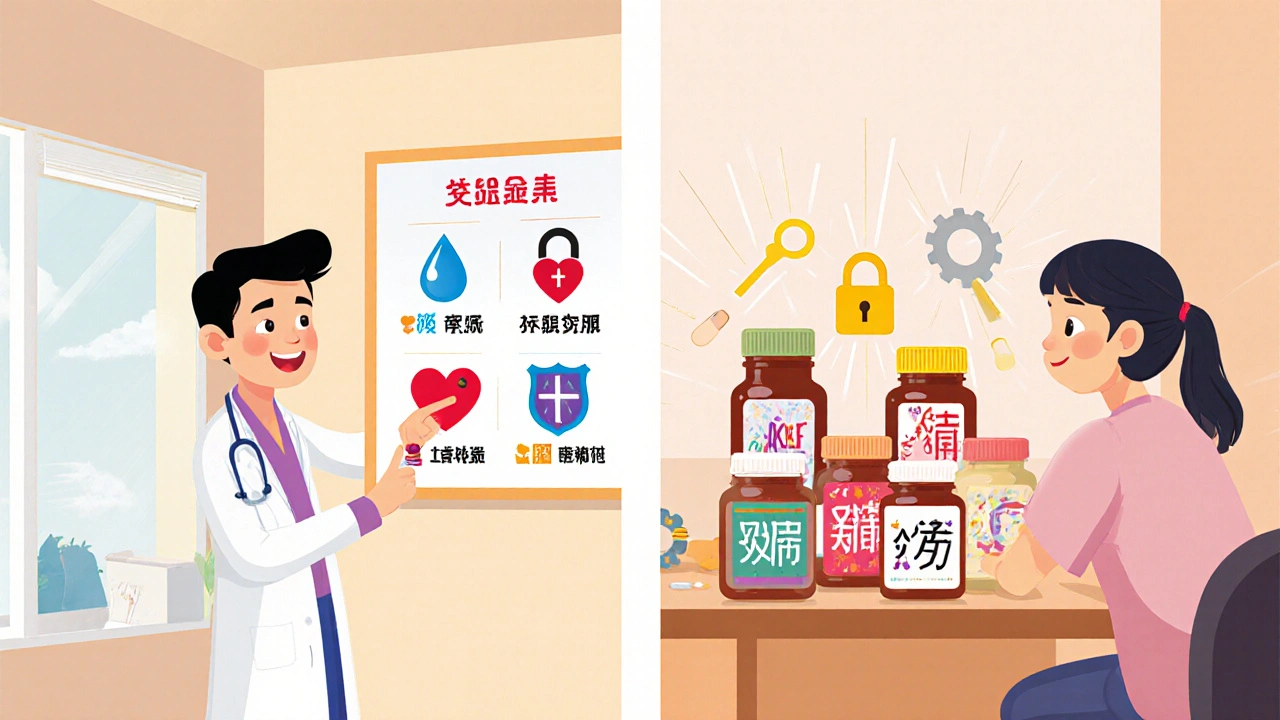ACE Inhibitor Complications: What You Need to Know
When you take an ACE inhibitor, a class of blood pressure medications that block the angiotensin-converting enzyme to relax blood vessels. Also known as angiotensin-converting enzyme inhibitors, they’re commonly prescribed for hypertension, heart failure, and kidney protection in diabetics. But while they work well for millions, they’re not without risks. Many people never have issues, but others run into side effects that can be mild or serious — and knowing the signs can make all the difference.
The most common problem? A dry, persistent cough. It’s not an allergy — it’s how the drug affects bradykinin buildup in the lungs. Some people notice it after a few days, others after months. If it’s bad enough, your doctor may switch you to a different type of blood pressure pill, like an ARB. Then there’s hyperkalemia, dangerously high potassium levels, which can sneak up without symptoms until your heart starts acting up. This happens because ACE inhibitors reduce aldosterone, a hormone that helps your kidneys flush out potassium. People with kidney disease, diabetes, or those taking potassium supplements are at higher risk. Regular blood tests are key.
Another concern is acute kidney injury, a sudden drop in kidney function, especially if you’re dehydrated, on diuretics, or have narrowed kidney arteries. It’s rare, but it can happen fast. Also watch for angioedema, a rare but life-threatening swelling of the face, lips, or throat. If you’ve ever had angioedema from an ACE inhibitor before, you must never take one again. And while it’s less common, some people develop low blood pressure that leaves them dizzy or faint, especially when starting the drug or increasing the dose.
These complications aren’t random. They’re tied to how ACE inhibitors work — and who you are. Age, existing kidney problems, diabetes, and other meds you’re on all play a role. That’s why your doctor doesn’t just hand you a prescription and walk away. They monitor you. You need to speak up if something feels off. A cough that won’t quit. Swelling that comes out of nowhere. Feeling unusually tired or weak. These aren’t just inconveniences — they’re signals.
The posts below give you real, practical details on what to look for, how to respond, and how these complications connect to other drugs and conditions. You’ll find clear advice on managing side effects, spotting warning signs, and understanding why certain people are more vulnerable. Whether you’re taking an ACE inhibitor yourself or helping someone who is, this collection cuts through the noise and gives you what matters.

